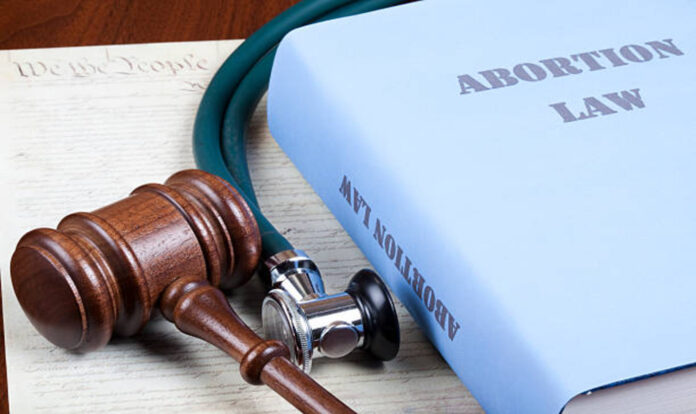In a landmark lawsuit, three courageous women joined forces with two outraged OB-GYNs to challenge Texas’s controversial abortion ban, citing its vagueness and cruelty as grounds for legal action. The pivotal hearings, which commenced on July 19, saw the plaintiffs share heart-wrenching accounts of their struggles to terminate pregnancies involving nonviable fetuses, and the devastating consequences they faced due to the restrictive law.
Samantha Casiano, one of the brave women behind the lawsuit, recounted her harrowing experience of being diagnosed with anencephaly at 20 weeks gestation, a severe birth defect causing a baby to be born without parts of its brain and skull. Casiano revealed that her doctor failed to offer her the option of an abortion and instead provided information about funeral homes, leaving her feeling trapped and powerless in her own body.
Despite considering seeking an abortion out of state, fear of losing her job and potential legal repercussions deterred her from doing so. Tragically, Casiano eventually went into early labor and delivered her child, Halo, who tragically passed away just four hours later. The emotional weight of the hearings became evident when Casiano broke down on the stand, vomiting as she read a doctor’s note describing her high-risk pregnancy. Testifying before the court, she disclosed that the trauma she endured triggered her physical reaction and now struggles with psychological distress, requiring psychiatric support.
Amanda Zurawski, the lead plaintiff, recounted her own near-death experience with sepsis after her water broke at 18 weeks and she was refused an abortion. The lawsuit also featured Ashley Brandt, a Dallas resident who was forced to travel to Colorado to terminate her pregnancy involving twins. One of the twins suffered from acrania, a fatal condition that impairs the proper development of the skull and brain. Brandt heartbreakingly revealed that carrying the nonviable fetus endangered the other twin, and she would have been compelled to give birth to her daughter, knowing she wouldn’t survive.
The women, backed by their OB-GYN allies, vehemently blamed Texas’s ambiguous abortion law for their unimaginable suffering. Dr. Damla Karsan, an OB-GYN from Houston, testified that the lack of clarity in the law left medical professionals unsure about how to interpret and implement it. As the hearings continued on July 20, more testimonies from doctors and experts further underscored the urgency of clarifying what constitutes a medical emergency under the Texas abortion ban. With emotions running high, the lawsuit’s potential impact on reproductive rights and healthcare in the state remains a pivotal and closely watched matter.


